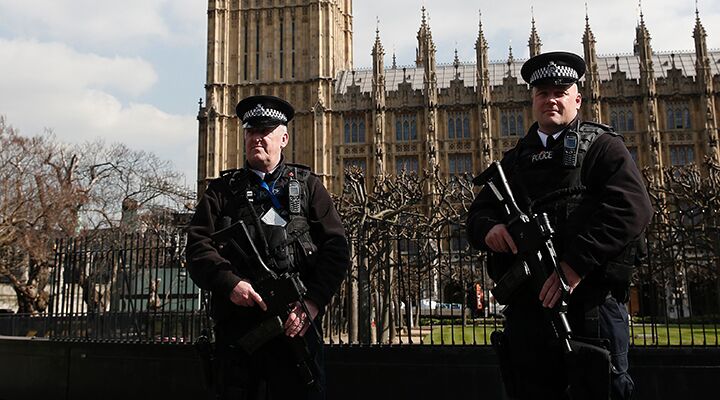
Is Hungary Right About Europe Having Hundreds of No-go Zones?
On April 1, the Hungarian government launched a website that claimed Europe contained 900 “no-go areas” where migrants had caused “the norms of the host society [to] barely prevail.” It was created, no doubt, to sway public opinion concerning an upcoming referendum: Hungary will be the first country in the European Union to vote on whether it should halt the reallocation of migrants at its border.
Right-wing politicians, such as United States presidential candidate Donald Trump and British M.E.P. Nigel Farage, have long claimed such areas exist—only to be ridiculed by other politicians and officials.
After Trump’s claim that London had no-go zones where police “feared for their lives” (which a number of police officers concurred), London Mayor Boris Johnson described the statements as “utter nonsense”:
As a city where more than 300 languages are spoken, London has a proud history of tolerance and diversity, and to suggest there are areas where police officers cannot go because of radicalization is simply ridiculous.
Similarly, Hungary’s claim of Europe’s 900 no-go areas was shot down by a number of news sites that claimed the sources used were unreliable. These back-and-forth arguments reveal the large dichotomy between the media’s left- and right-wing views of no-go zones: The right latches on to every claim of radicalized areas, while the left pretends that no such areas exist.
Middle East historian Daniel Pipes seems to have originated the term “no-go zone” in 2006. After visiting many of the areas in 2013, he revised it to “sensitive urban zones”:
These are not full-fledged no-go zones but, as the French nomenclature accurately indicates, “sensitive urban zones.” In normal times, they are unthreatening, routine places. But they do unpredictably erupt, with car burnings, attacks on representatives of the state (including police), and riots.
After another trip in early 2015, Pipes explained how a no-go zone depended, essentially, on who you are and what you were doing:
My visits establish that non-Muslim civilians can usually enter majority-Muslim areas without fear. But things look very different from the governmental point of view. On a routine basis, firefighters, ambulance workers and even social workers meet with hostility and violence. For example, days after I visited the Marseille [France] slum, its residents shot at police preparing for a visit by the prime minister of France. Thus does it and its ilk represent a no-go zone for police, a place which government representatives enter only when heavily armed, in convoys, temporarily, and with a specific mission.
The Rotherham, England, child sex scandal is an undeniable example of Hungary’s claim that areas exist in which “the norms of the host society barely prevail.” An official inquiry found that for 16 years (1997–2013), a ring of Muslim men sexually exploited—through abduction, rape, gang rape, trafficking, prostitution, torture—at least 1,400 non-Muslim girls as young as 11 years old. Police were aware but chose not to interfere in the area out of concern for political correctness.
A 60 Minutes story where migrants attacked a film crew in Sweden presents a similar tale to Pipes analysis. Many migrants in the “risk area” were indifferent, but a small number who saw the cameras launched an unprovoked assault.
Yet, as the argument continues, the balance of opinion over migrants in some European countries has already tipped. The results of a tri-national study by ifop (a French international marketing firm) in Paris showed that 72 percent of the French population wants to return from the passport-free Schengen borders to national borders with border guards. Two thirds of the German population (66 percent) and a majority of Italians (60 percent) also want their federal governments to terminate the Schengen treaty.
Each new event involving migrants in Europe is likely to spawn new claims about no-go zones, along with equivalent denials of their existence. Nevertheless, a large number of Europeans have already begun leaning toward the previously radical-right policies on migrant issues. Read “‘Cologne Has Changed Everything’” to see just how quickly a single event can change public opinion.
